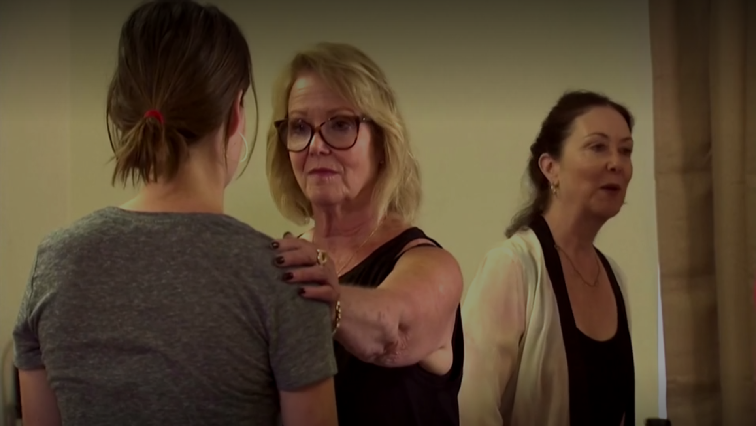Two years after a sexual harassment scandal roiled Hollywood, one of the fastest growing jobs in the entertainment industry is that of the intimacy director.
Fueled by the #MeToo and Time’s Up movements, demand is soaring for intimacy directors or coordinators who help choreograph TV and movie scenes involving sex or nudity and ensure that actors are not exploited or made to feel uncomfortable.
Interest in the specialized job is high, but training can take months.
“We have stunt coordinators. We really take care of people in those kind of scenes. But scenes of intimacy have kind of been left a little too alone,” said Jessica Steinrock, managing director of the non-profit Intimacy Directors International (IDI).
HBO now has an intimacy coordinator on all its shows involving intimate scenes, while Showtime uses one on “The Affair” and other series.
Elsewhere, IDI and groups like Theatrical Intimacy Education and Intimacy on Set run multiple workshops in the United States and the UK that empower actors to speak up.
IDI, founded in 2016, says the number of its intimacy instructors has mushroomed to 29, from just four two years ago. More than 70 people applied for 10 places with IDI earlier this year to train for the role.
THE POWER OF NO
“It is absolutely growing at a rapid pace,” said Gabrielle Carteris, president of the U.S. actors union SAG-AFTRA. “There are a plethora of shows and not enough intimacy coordinators right now.”
Intimacy directors act as a liaison on movie and TV sets between producers or directors and actors to ensure that actors are treated with respect, whether the script calls for a first kiss or a rape scene.
Before sexual misconduct allegations involving multiple actors, directors and producers swept Hollywood in 2017, actors were often left to fend for themselves in establishing boundaries at work.
Steinrock, who has also worked as an actor, recalled feeling vulnerable one time, when the hand of a fellow actor slipped lower than usual during a scene.
“I found myself thinking, ‘is it because he likes me? Is it because he is more in the moment today?’ Even though my character might be ok with that, me – the actor – was not. But I found it really difficult to have that conversation,” she said.






